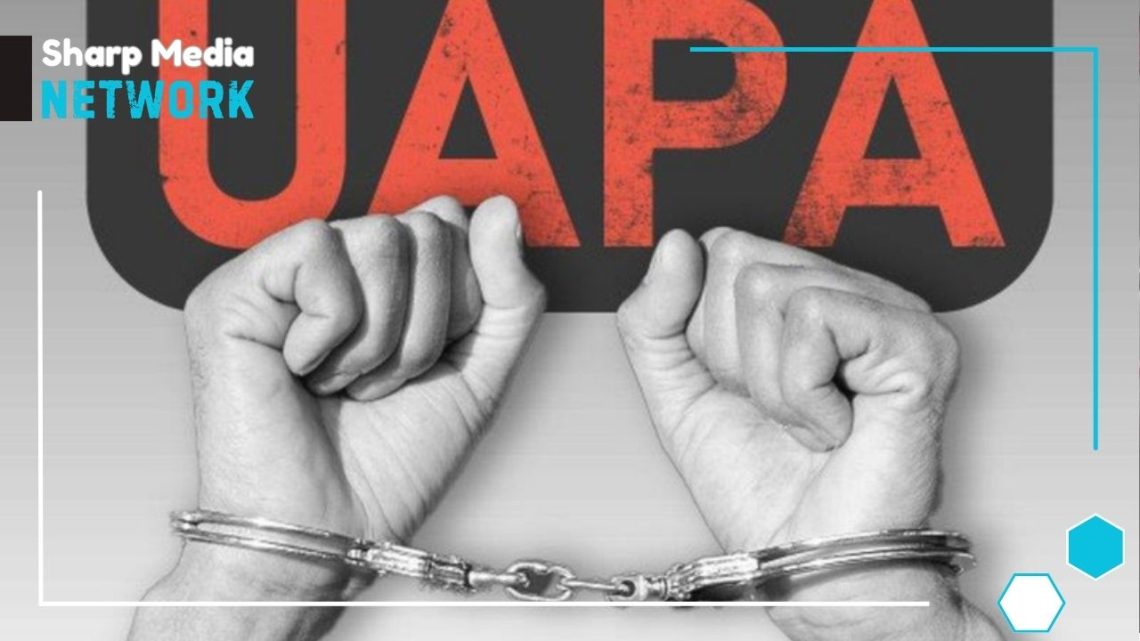
Indian Police File Chargesheet Against IIOJK Resident Under UAPA
January 26, 2025In an alarming move, Indian police file charges under the controversial UAPA against a Kashmiri man, signaling further suppression of political dissent in IIOJK.
In a controversial legal move, the Indian police have filed a chargesheet against a detained individual in Pulwama district of Indian Illegally Occupied Jammu and Kashmir (IIOJK) under the Unlawful Activities (Prevention) Act (UAPA), a law widely criticized for its use in stifling dissent and curbing political freedoms. The chargesheet was presented in an NIA (National Investigation Agency) court in Pulwama and is linked to cases filed at the local Awantipora police station.
The detained individual, identified as Hijaz Nazir Magray, is a resident of Lassipora in Pulwama and the son of Nazir Ahmad Magray. Authorities allege that Magray is a supporter of pro-freedom groups in the region. These charges come amid escalating efforts by Indian authorities to target individuals associated with movements advocating for Kashmiri self-determination.
According to Indian officials, this action is part of a broader strategy to dismantle the logistical and financial networks that allegedly support pro-freedom groups in Pulwama and other parts of IIOJK. However, critics argue that such tactics are more about silencing dissent and suppressing the voices of Kashmiris who continue to demand their right to self-determination and justice. The use of UAPA, a law notorious for its vague definitions and harsh penalties, is seen as a tool to further clamp down on the political expression of Kashmiri activists.
This move against Magray follows a pattern in which individuals, often without solid evidence, are accused of supporting separatist or pro-freedom activities, leading to lengthy detentions and trials. Human rights organizations have long criticized the UAPA for being a tool of repression rather than an instrument for genuine counterterrorism efforts.
Kashmiris continue to bear the brunt of this legal framework, which has been repeatedly used to arrest individuals based on their political views, rather than any actual criminal activity. As a result, many in the region feel that the law is being weaponized to force conformity to India’s narrative while preventing the free expression of Kashmiri aspirations.
The case of Hijaz Nazir Magray serves as another reminder of the ongoing struggle faced by the people of IIOJK, who remain under the heavy hand of Indian occupation. The continuing use of the UAPA and similar laws raises serious concerns about the erosion of basic freedoms and the growing repression of political voices in IIOJK.
As the legal proceedings unfold, it is crucial for the international community to continue to scrutinize such actions and hold India accountable for its treatment of Kashmiri civilians, who continue to endure systemic oppression and human rights violations. The growing number of detentions and the expanding use of draconian laws only deepen the sense of injustice felt by the people of IIOJK.

